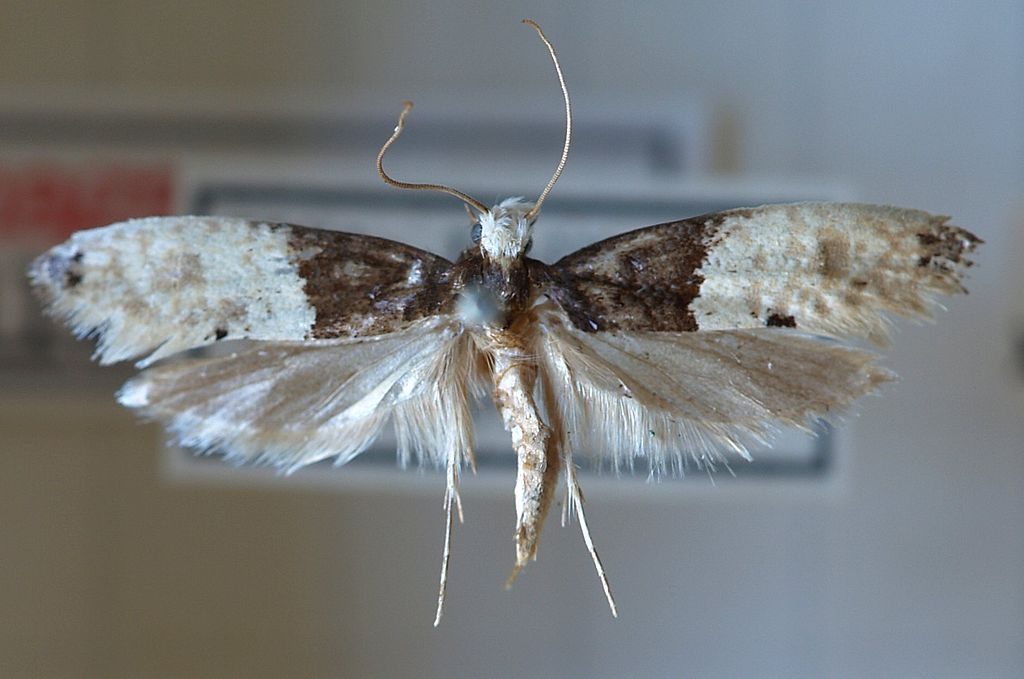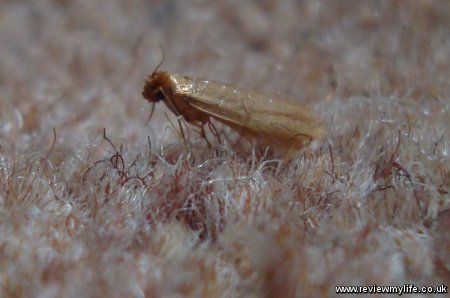S mall maggot like larvae moth caterpillars silken tubes or cases in which the moth larvae live pupae silk cocoons from which larvae eventually emerge as adult moths.
Identification what causes carpet moths.
If you don t have silk or.
A large proportion of dust is made up of human skin cells and hair shed day to day in homes.
Any bit of carpet where dust and dirt collects and settles such as in the corner of stairs or beneath behind furniture can become a feast for clothes moth larvae.
What causes carpet moths.
The reason that it is animal based fibres only is that the larvae of clothes and carpet moths feed on keratin a protein found in animal fibres and also in dust.
Carpet moths the carpet moth is a common household textile pest.
All quiet and dark areas.
Carpet moth larvae feed predominately on keratin found in natural fibres such as wool and so can live on any carpet with some wool content a carpet moth.
The long term solution to the long term solution to infestations is to make sure that birds nests are removed from attics and particularly from disused chimneys.
They might be right in.
Carpet moths can be found in their favourite locations under sofas along skirting boards behind heavy curtains and under hefty furniture.
Clothes moths and carpet beetles are frequently found in birds nests and discarded animal based textiles such as old carpets and underlays in loft areas.
Step 1 identify the carpet moths the webbing clothes moth otherwise known as the common clothes moth is prolific across the us and is the most likely carpet moth you will find followed by the case bearing clothes moth which attack carpets and clothes.
Their tiny size coupled with colors that usually match our carpets helps them stay hidden from our eyes.
So what causes carpet moths.
Carpet moths can be huge trouble.
Their larvae cause the most damage.
A large proportion of dust is made up of human skin cells and hair shed.
Carpet moth damage is mainly caused by the larvae that live for around two years and eat away at the natural fibres of the carpets changing colour as they digest the dyes in the carpet pile.
The reason that it is animal based fibers only is that the larvae of clothes and carpet moths feed on keratin a protein found in animal fibers and also in dust.
Skin hair food debris and various other detritus that makes up household dirt is packed with the nutrients that clothes moth larvae need to grow.
The larvae of carpet moths eat the keratin proteins found in skin and hair.




























